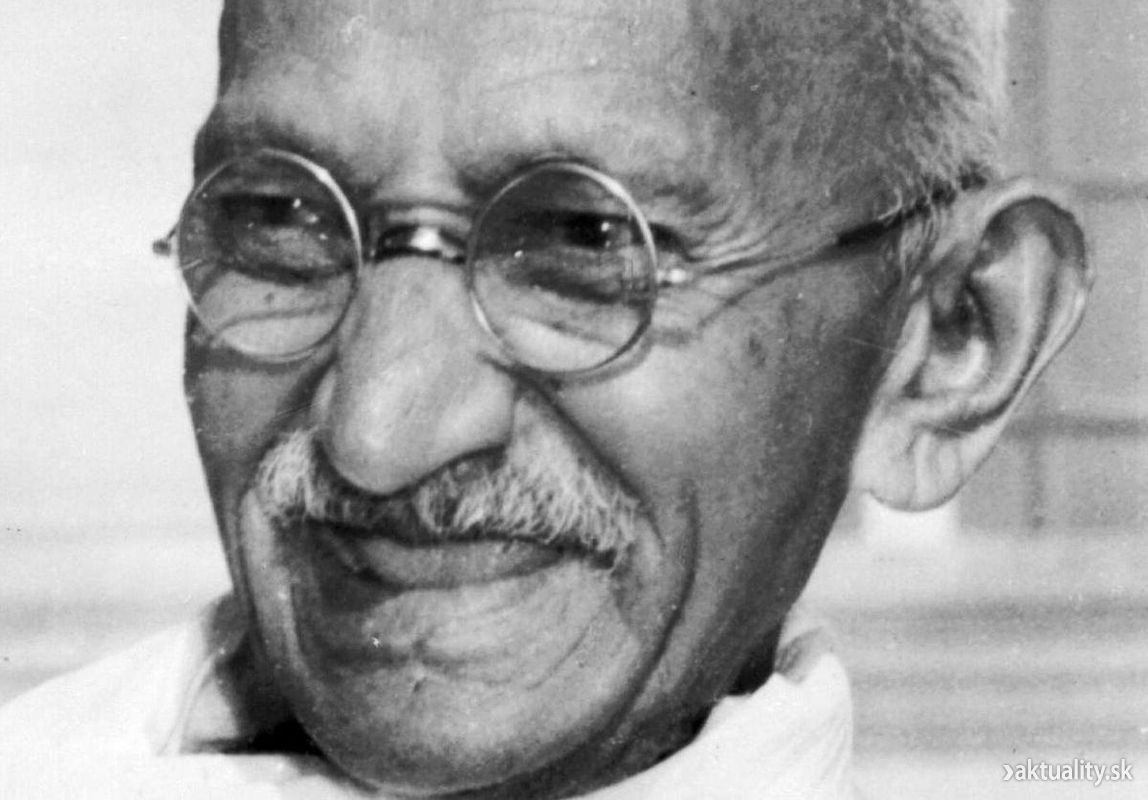THE SALT MARCH
Indian politician, Mahatma Gandhi

Gandhi - Wikimedia commons
In the 1930s in India, a South Asian country, a movement for the protection of India's natural resources emerged, called Satyagraha. This ethical and political theory was advocated by Gandhi and later adopted by other prominent politicians and activists. It is the foundation of civil disobedience, a form of nonviolent resistance rooted in the Indian and Buddhist principle of ahimsa. The movement arose following the British government's taxation of salt, which unfairly affected all citizens without distinction.
Gandhi, an Indian politician and lawyer, took a leading role in the movement and spearheaded one of the bloodiest events in the country's history: the Salt March. The march began on March 12, 1930, and ended on April 5 of the same year, lasting 24 days. It was carried out to reclaim Indian ownership of salt, a vital natural resource.
The march started from Ahmedabad and reached Dandi, a town in the state of Gujarat where the salt flats were located. The goal was to occupy the salt flats to prevent their exploitation and to demonstrate that Indian salt belonged to Indians. Initially, 79 people joined, but as the march progressed, the number of protesters grew, with thousands reaching the final destination.
The pre-alerted authorities awaited the protesters at the end of the march, where they were beaten with batons in an attempt to suppress the uprising. The protesters were later imprisoned, while Gandhi continued on alone until May 5, when he was arrested.
The protest persisted as people refused to pay the salt tax until Bapu (meaning "father" and another nickname for Gandhi) was released, at which point the protest ended. However, the salt tax was not abolished; it was merely revised.
This demonstrates the influential power that these movements had already gained in the first half of the 20th century. Gandhi condemned the industrial development model of the economy, criticizing an economic system in the 1930s that failed to recognize the limitations and eventual depletion of natural resources.
Mohandas K. Gandhi, Mahatma Gandhi. Autobiografia, Bibliotheka Editions, June 18, 2020
Mark Kurlansky, Sale. Una storia del mondo, Publisher Nutrimenti, first edition November 2023
2025-04-11
Salvatore Ciccarello
